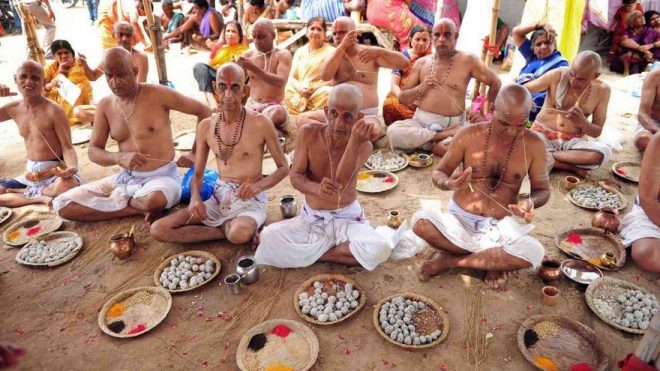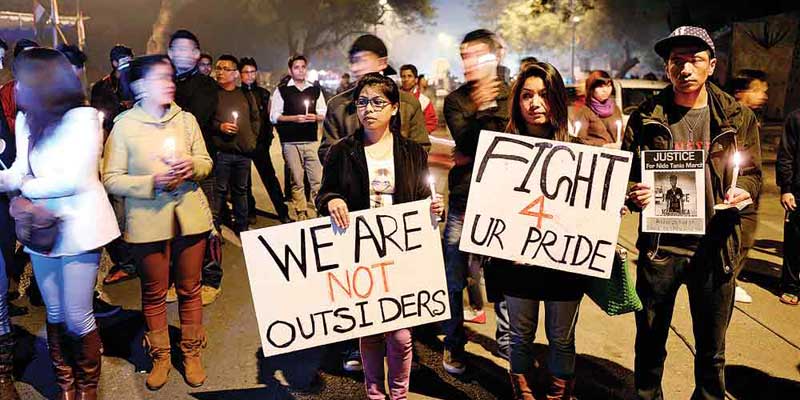Indian superstitious beliefs – We stand in the crossroad of technology and traditions, that’s how things roll in Indian subcontinent.
We are still hostages to the old beliefs, that is to say the superstitions that eclipse our vision sometimes. Of course, it cleaves the country into two parts, one of the intellectuals and another of the ones with ambiguous notions, as we like to think. But wait, are those superstitions that we cold shoulder or side eye really as vague? Perhaps not, there is no reason to admonish them because they may also have kinship with logic.
So, here are some of the Indian superstitious beliefs that we can’t completely label as rubbish because they have deeper logical connotation.
Indian superstitious beliefs –
1 – Stepping out during an eclipse costs you of your eyesight:
There is a popular belief that if you observe the Sun in broad daylight, you will be afflicted with ‘eclipse blindness’ and our ancestors always have opined against it. It was believed that Rahu’s head blocks the Sun which idea is inspired by a mythological story.

2 – Sleeping with your head facing the north may cost you heart problems:
It is all about biomagnetism which is between Earth’s magnetic field and human body’s field. Our ancestors made this rule to sleep with your head facing the south because the blood pressure would be in control this way and Earth’s magnetic field can’t wreak havoc in your health.

3 – A girl should not do certain things during her menstruation:
When a girl is menstruating, she needs rest. Neither Sanitary napkins, nor painkillers like Meftal Plus were available during 20th century so women had to go through trying times dealing with the pain and cramps. Not letting them do certain works during those times were meant to give them some rest they rightfully deserved.

4 – Not loitering around a Peepal tree during the night:
Before Jan Van Helmont found out the recipe of plant food in the 17th century, the World had no idea about how glucose is created from the unison of sunlight and carbon-di-oxide. But it seems like our ancestors had inkling about the photosynthesis and the ill-effects of humans inhaling carbon-di-oxide so they dissuaded other human beings to linger around a Peepal tree during the night.

5 – To street clear of evil-eye, usage of Green Chilli and Lemons:
Both Lemon and Chillies are rich with vitamins and were incorporated in every food and rituals in the earlier days which later transmuted into a totka to avert evil-eye. Also, the pesticidal properties of lemon and green chillies have been proven too.

5 – Bathing after attending a funeral ceremony:
There were no vaccinations available against Hepatitis B, Smallpox or other detrimental diseases back then so our ancestors resorted to bathing after attending a funeral ceremony to get rid of the germs that they may have been absorbed.

6 – The mourning family or the deceased should not cook food until Sraddha:
This is a Hindu popular belief to not to simmer a cauldron until Sradhha for the departed soul is performed. This was meant to give the family some physical rest who are already emotionally drained from losing their loved one.

So, these Indian superstitious beliefs go beyond reasonable doubts to be propagated throughout the country and spanning generations.





